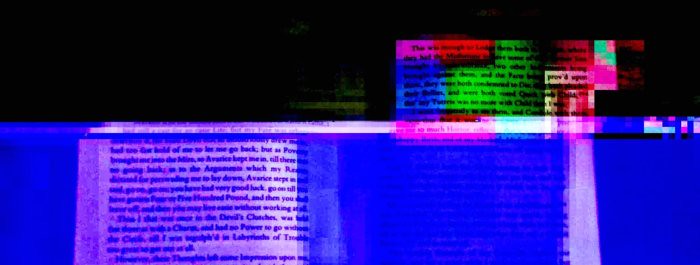
I launched Open Bookmarks in October of last year, with a discussion of the many misconceptions surrounding ereading, and a plea to improve the situation. Initially, I thought Open Bookmarks should be pushing for a common, open standard to facilitate sharing and archiving annotations. In the months since, the scope of the project has widened and changed, and in response I’ve redesigned and rewritten the site.
Instead of trying to define a standard, Open Bookmarks calls for best practice in social reading. There are three parts to this:
- Describing and defining social reading
- Setting out a checklist of best practices for readers, publishers and developers
- Indexing and rating ereaders and social reading services (soon)
Open Bookmarks is intended to educate readers as well as developers about what social reading is and why it should be open, in order to create a demand for better services.
The main model for this approach is the Email Standards Project, a community project (backed by service providers) to improve the HTML/email experience.
The site is still in beta, which means I’m still looking for feedback. There will be things there which various people in different roles are bound to disagree with: and that’s fine. It’s not all set in stone and I’d be very interested to hear peoples’ thoughts on the definitions/examples of social reading, the checklist, and the wording/tone in general.
I think there are a few important things that are worth pointing out here:
Social reading doesn’t have to be “social”. I’ve written about “selfishly social” before, and I’ve tried to make this distinction clear in the wording on the site. Given the choice, I might have picked another term than “social reading” to cover this area, but that seems to be the one we’re going with. Privacy is important, and peoples’ expectations of it, and belief in its efficacy, will be critical to the future of social reading.
The reading experience belongs to the reader. The argument about open source, open software, open standards has been rumbling on for years, and it’s a good, meaty argument with much to ruminate on. And I’ve always been largely on the side of the open, while willing to use whatever tool comes to hand when it comes down to it, open or not. Most of the systems I use are “open enough” for my purposes.
When it comes to books, this just won’t do. Books (paper, ebooks, enhanced or otherwise, writing, text, literature, whatever) are our forever medium. The time that I spend with them, the marks that I make in them, the memories and experiences encoded in them, are mine and they must be lasting. Any argument against this, any system which does not allow the free transfer of the reading experience (which is, currently, most reading systems), is arguing against the future of books, and we cannot allow that to happen.
Everything you can do with a book you should be able to do with an ebook. And this is where it gets hard. Because, again, try arguing with that sentence: is the future really about taking a step back, gaining some affordances only at the expense of losing others?
There are of course different angles to this. Spotify-type models of buying (or being given) access to libraries for fixed periods, or streaming books, or serialisations or installments: these change the traditional model of book ownership. But there will still be books for sale, and where a reader chooses to buy a book, that book belongs to them. We must not tolerate another 1984, and we must not accept further erosion of the First-sale doctrine. Of course times are changing, but our relationship with books, in whatever form they take, should remain a constant: our books, our reading, our experiences.
Together, these principles are enshrined in the Open Bookmarks checklist, a measure against which to judge the openness and efficacy of ereaders and social reading services. I genuinely hope that the checklist—which is still very much up for discussion—will educate, encourage and guide a better future for electronic reading.
We stand at a critical juncture. The digital dark age is a very real possibility when it comes to our own reading, and to others. But it is also a golden opportunity: in decades and centuries time we should be able to look back on our reading, on the notes we’ve made and shared with others, those given by teachers to their students and authors to their readers, the whole sphere of human learning and literary experience. I want to hand my bookmarks down to my children, and give scholars access to the libraries of their subjects. I want to take the book forward into a future where it is as valued and even more valuable; a future that is only possible if we are open.
Comments are closed. Feel free to email if you have something to say, or leave a trackback from your own site.